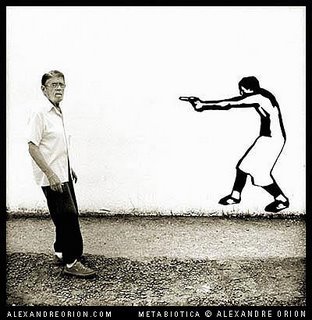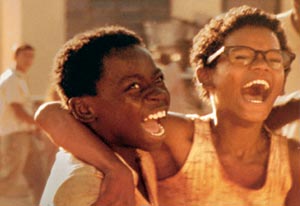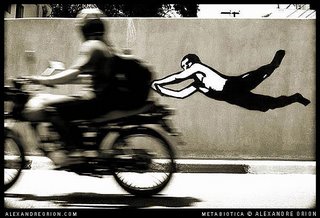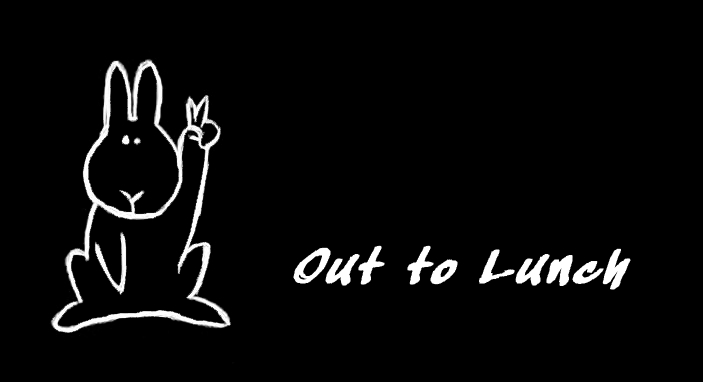
Brasioe is more than just carnivaoe, caipirinha’s, capoeirha, futíbol, samba, bossa and all the other stereotypes which blend nicely into a great summer’s party back at your place. As stereotypes do, these archetypes of the brazilian way intend to mask and show their essence at the same time. They’re all powerful cultural icons which lead a live of their own by now, but they take strong root in brazilian life. Still today. They’re not just fashionable for summer but meaningful expressions of what it means to be brazilian or what it means to be part of a nation with just a small number of extremely wealthy people living together but apart from large numbers of have-nots, to live in an nation which gave us one of the most magnificent architectural styles and visions of modern life but doesn’t manage to home large quantities of it’s population properly, to live in a city like Rio which is one of the largest cities on the planet but who’s history is written everyday at the beach and in the sea.

The merry view on brasil still lasts and seems to be indestructible and doesn’t need expensive publicity campaigns. Brasil, it seems, sells itself. It’s a total brand on it’s own or is it just a product of our dreams?
There’s a flipside to all of this. Apart from the happy joie de vivre there’s also a lot of tristeza. There’s a lot of crime, corruption, poverty and violence and it’s part of everyday life. Movies like Cidade de Deus aren’t cooked up fantasies but many people’s reality. For an outsider everything looks pretty save if you stick to the beaten tracks but for the same outsider are no-go areas really no areas to go if you plan to come back.
A friend of mine lived in brasil for two years. He got well adapted to the way of life but still got shocked when he found out that the reaction of the elderly of the village, when someone he knew well got shot, was that it was a shame that it took place on main street, at broad daylight and not in the forest at night. It was bad for commerce and a damn shame. A human life isn’t worth shit apparently.

All this aspects are sides of the same coin. You can’t keep them apart because they belong together. The way people live up to get lost in carnival, the way they celebrate life trough music and dance and dream nostalgically for better or of once good times is probably an answer to the hard facts of life.
This stress of city life makes up a very vibrant and dynamic society. Everything has a certain urge to it. A certain edge, a certain need for things to happen. Preferably right now, while it’s still possible. Which is different from the way we live here in Europe.
One of the wonders of brazilian music is the way all of this comes together naturally in the rhythms, voices and melodies. They’ve got a word for it, Saudade, which is difficult to translate [so they say]. It expresses vitality, the urge to live, the need for chance, remorse and desperation, hope and sadness. All in one. The paradoxes keep on. It’s highly modern and ancient, tribal and trendy or sophisticated. It’s a fairly young hybrid but with very strong roots. It mixes African, Portuguese and other European roots with indigenous sounds, rhythms and instruments. Samba is a great vehicle, a constant flexible flow or flows that absorbed all styles and influences and gave back original points of view that triggered now evolutions and changes of style [antropofagus]. It’s truly one of the main branches on the Afro-American tree next to the Afro-Cuban and the Blues.
- à suivre -
The pictures are from a great brazilian photographer called Alexander órion http://www.alexandreorion.com/_orion.htm


Nenhum comentário:
Postar um comentário